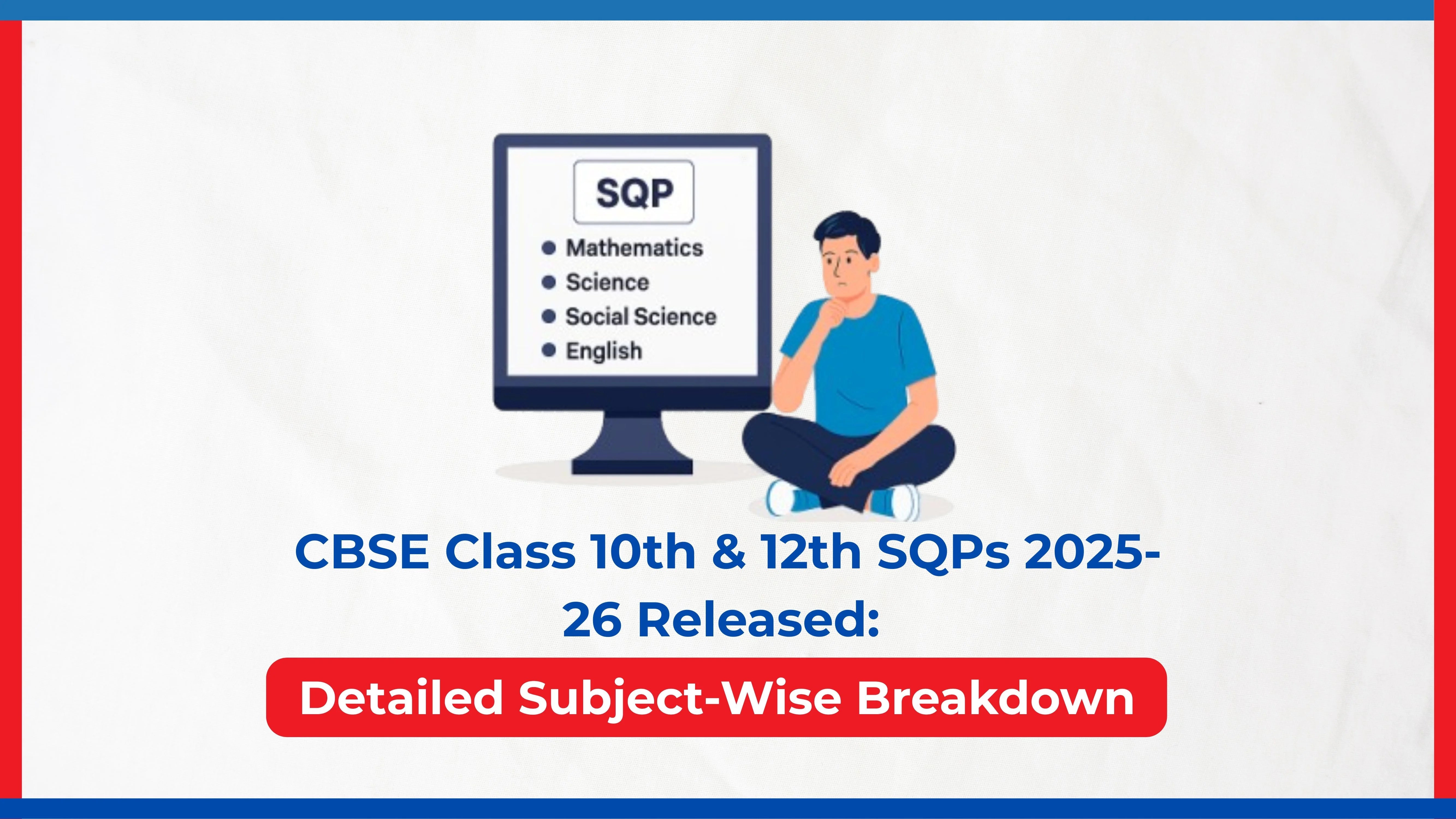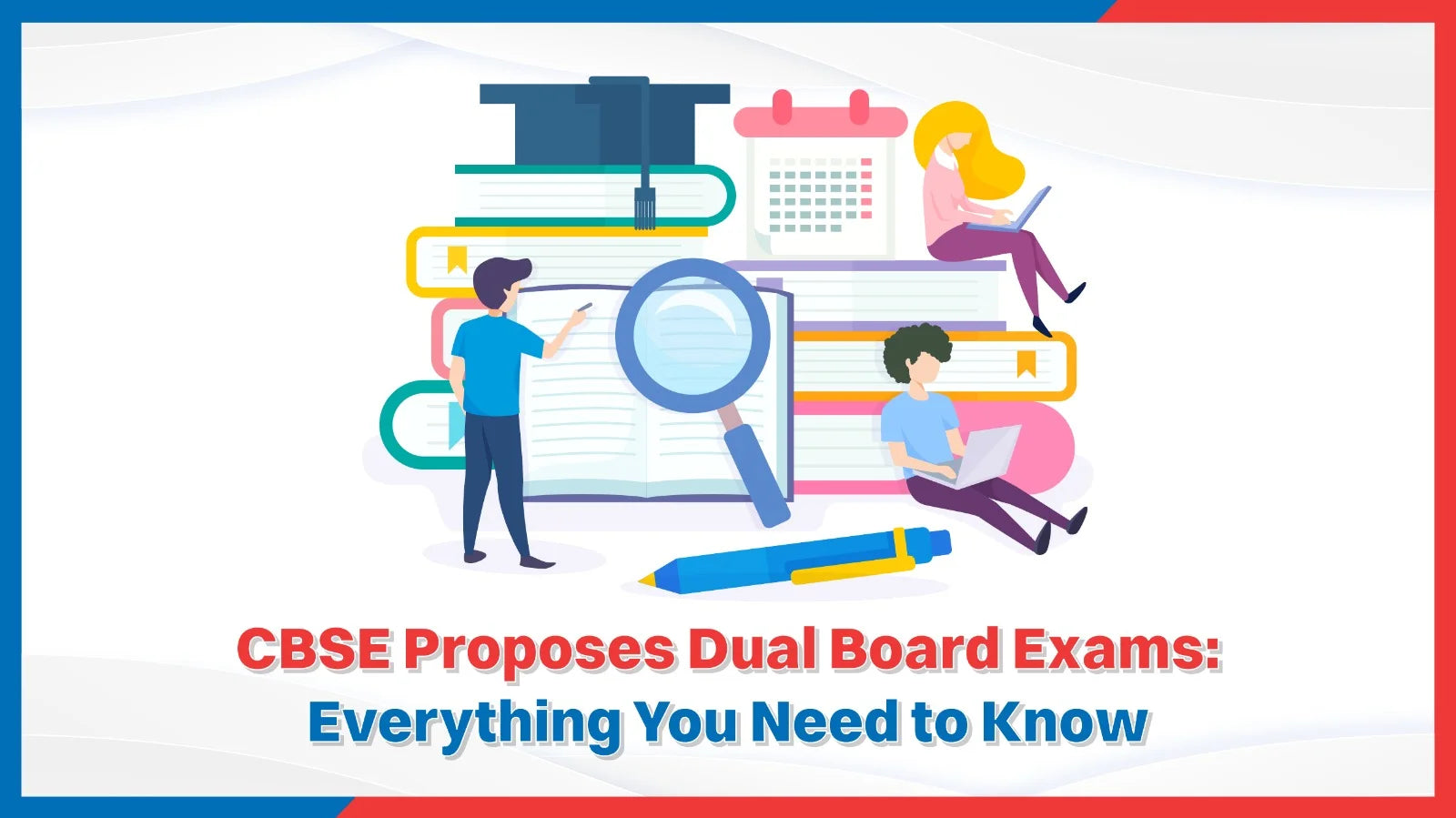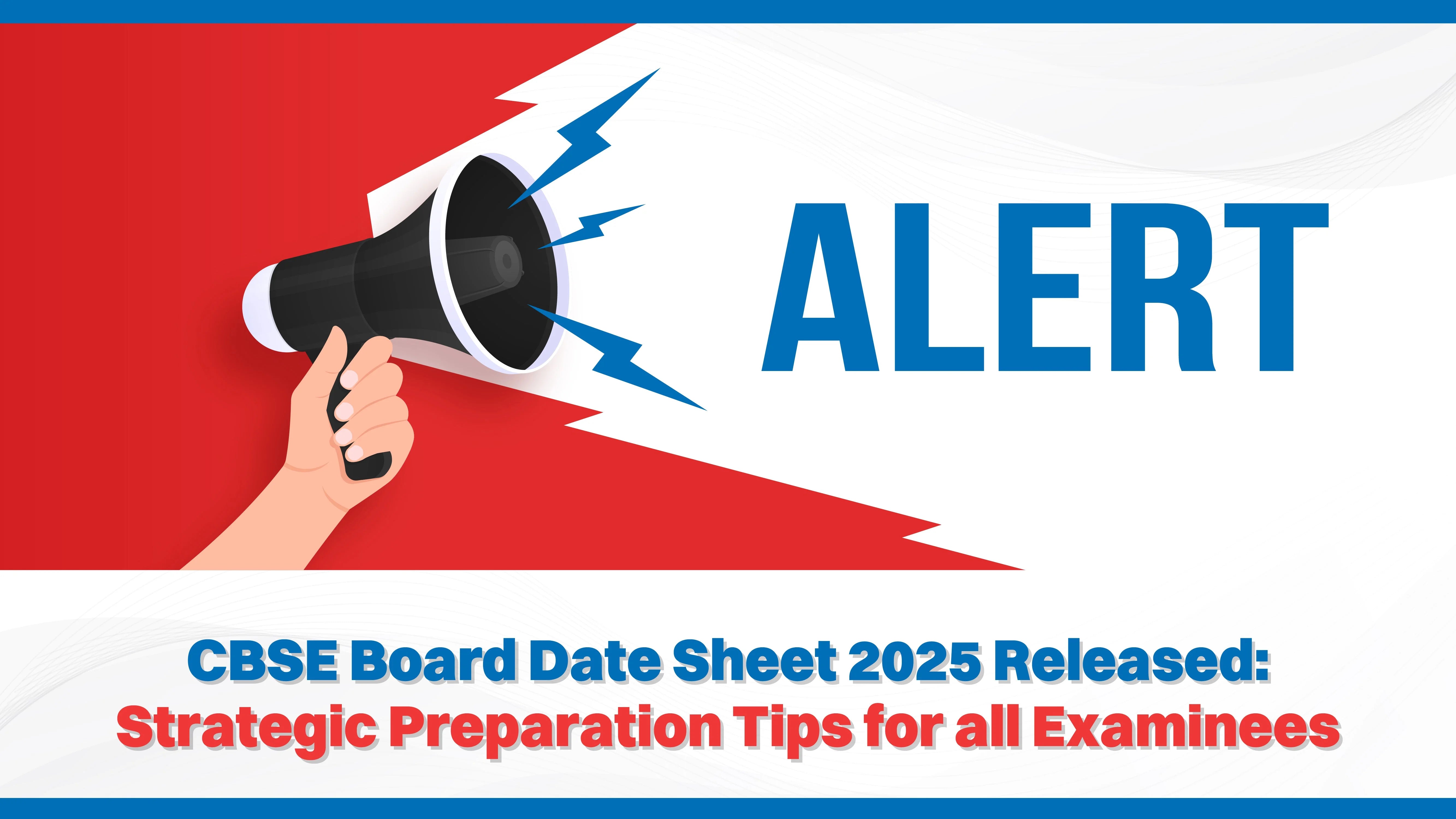The CBSE (Central Board of Secondary Education) has announced significant changes to its assessment practices for the academic session of 2023-24. In a move aimed at fostering a more holistic and comprehensive evaluation of students’ learning, the board has introduced an increased focus on competency-based questions while reducing the weightage given to short and long-answer type questions in examinations.
The new assessment practices emphasize competency-based questions, which require students to demonstrate their understanding of concepts by applying them to real-world scenarios or situations. By incorporating more competency-based questions, CBSE aims to assess students' ability to apply their learning in practical contexts, preparing them for the challenges of the real world.
At the same time, CBSE has reduced the weightage given to short and long-answer-type questions in examinations. Instead, CBSE seeks to promote a deeper understanding of concepts, encouraging students to think creatively, analyze information, and express their ideas effectively.
Recommended Links:
CBSE Sample Paper Class 10 – Click Here
CBSE Question Bank Class 10 For 2023-2024 Exam – Click Here
CBSE Class 10 Science Syllabus – Click Here
CBSE Class 10 Maths Syllabus – Click Here
CBSE Sample Paper Class 12 – Click Here
CBSE Question Bank Class 12 For 2023-2024 Exam – Click Here
CBSE Class 12 Syllabus Maths – Click Here
CBSE Class 12 Syllabus Physics – Click Here
Under the new assessment practices for Class 10, there have been significant changes in the weightage and types of questions in exams. Previously, competency-based questions, such as MCQs, case-based questions, source-based integrated questions, or others, accounted for 40% of the total questions in an exam. However, under the revised assessment practices, this weightage has been increased to 50%. This change aims to assess students' competency in a more comprehensive manner and encourage critical thinking and problem-solving skills.
For Class 12, similar changes have been implemented. Previously, competency-based questions accounted for 30% of the total questions in an exam, but under the revised assessment practices, this weightage has been increased to 40%. This change acknowledges the higher level of competency expected from Class 12 students as they prepare for higher education or professional careers.
In addition to the change in objective questions, CBSE has also reduced the weightage of short-answer and long-answer type questions in Class 12 examinations. Last year, these types of questions accounted for 50% of the total weightage, but now they have been scaled down to 40%. This adjustment in weightage reflects CBSE's emphasis on encouraging students to move beyond rote memorization and focus on developing a deeper understanding of concepts through critical analysis, interpretation, and application. This change aims to foster a more comprehensive evaluation of students' learning outcomes, assessing their ability to express ideas effectively and demonstrate in-depth knowledge of the subject matter.
MUST BUY: CBSE Class 10 & 12 Online Courses for 2023-24 Exams
Overall, the new assessment practices for Class 10 and 12 aim to provide a more comprehensive and balanced evaluation of students' competency by incorporating different types of questions and adjusting the weightage accordingly. These changes are designed to promote critical thinking, problem-solving, and application-based skills among students while reducing the emphasis on rote learning and memorization.














